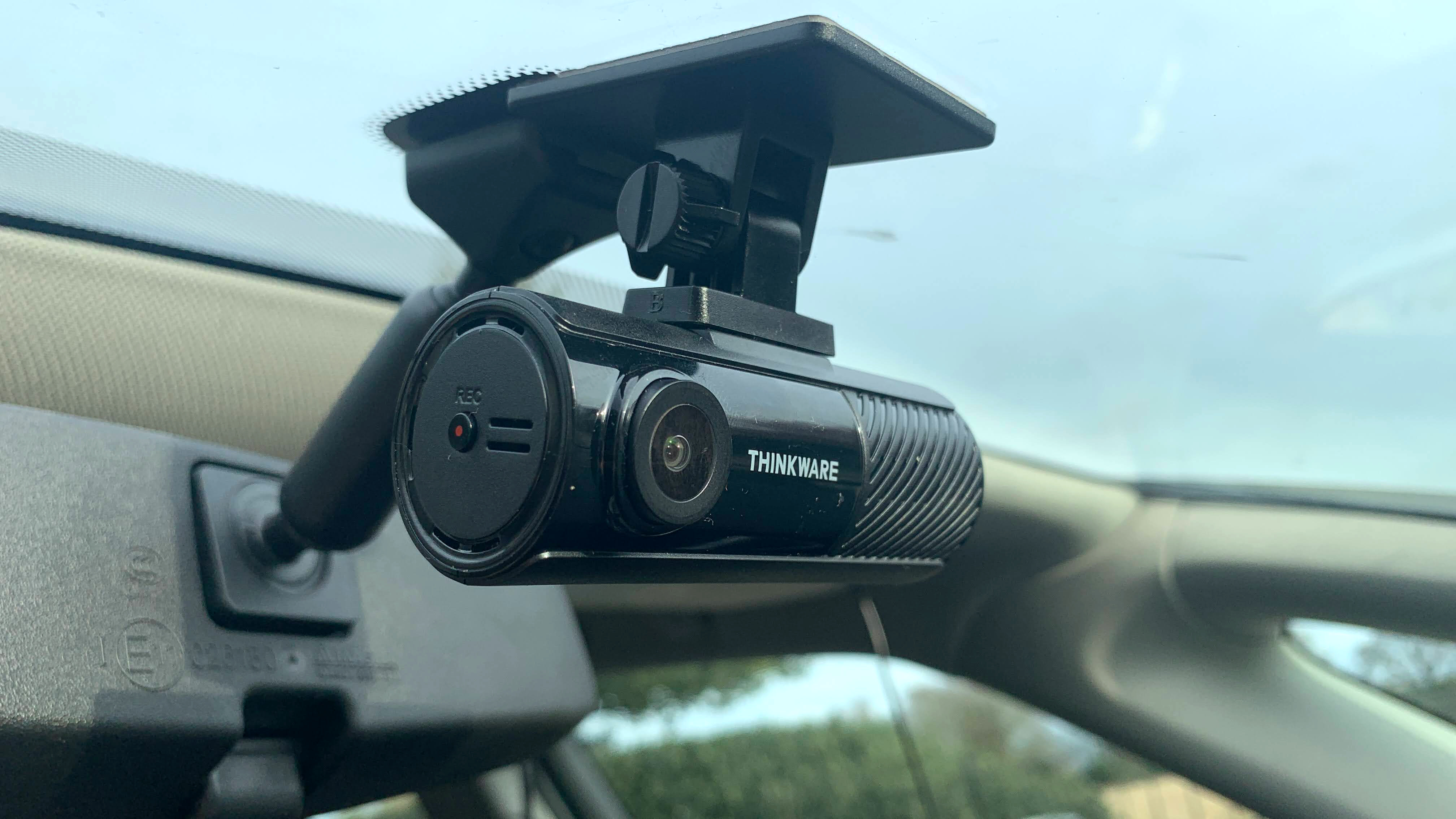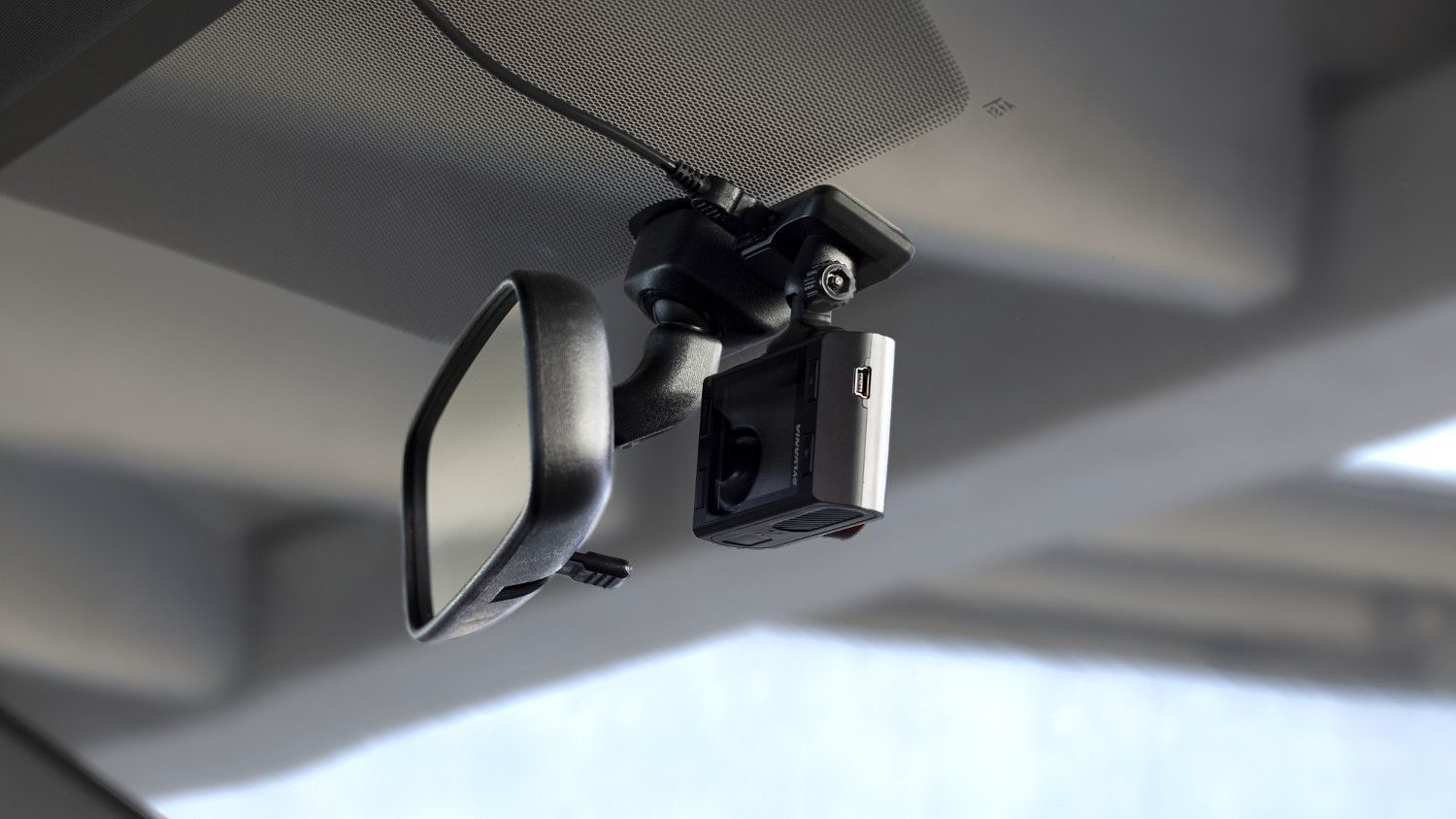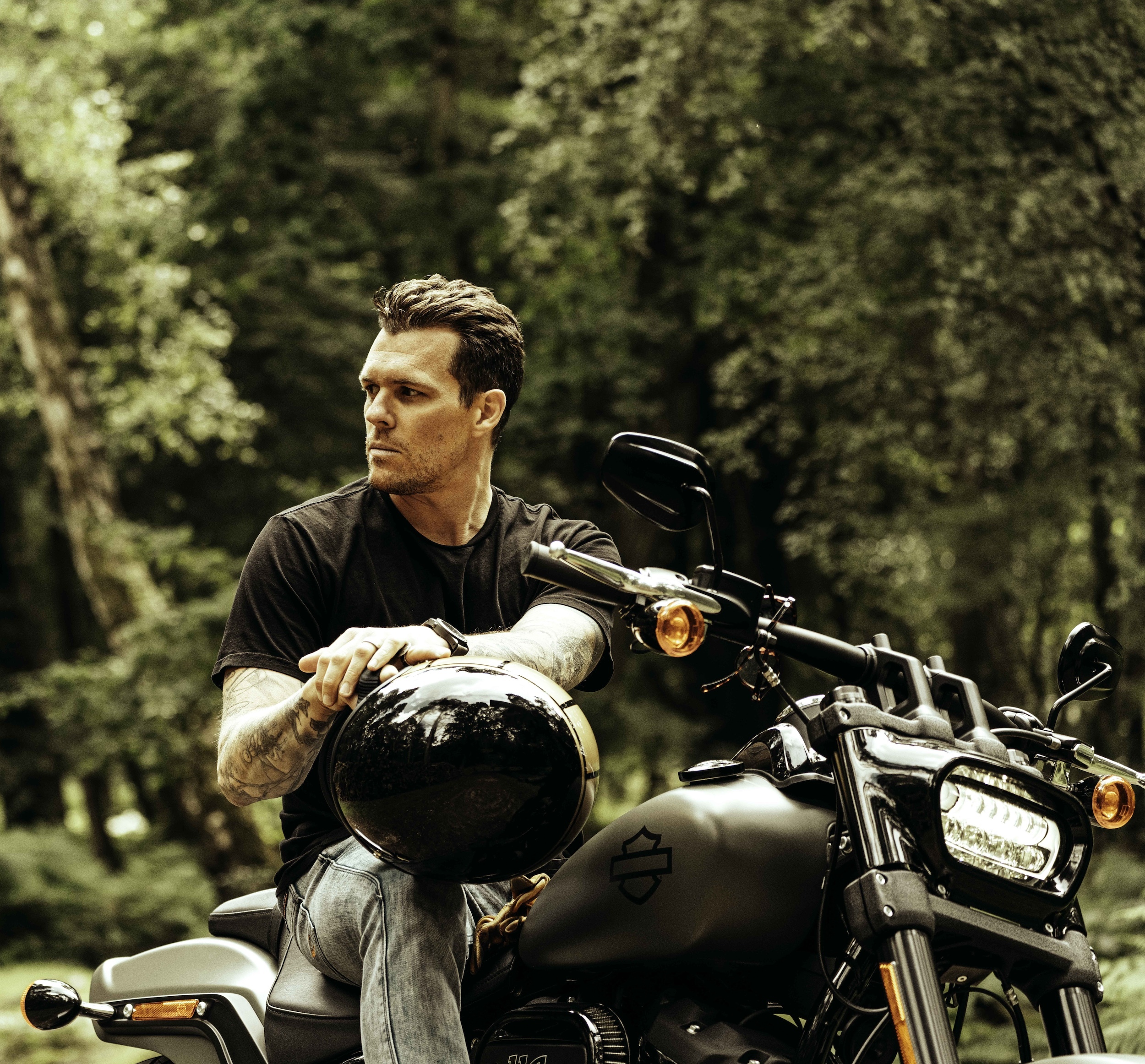Can I use dash cam footage in court? An expert explains why video clips are increasingly helping motorists with claims
Police forces and insurers use footage to support investigations and legal claims

Sign up for breaking news, reviews, opinion, top tech deals, and more.
You are now subscribed
Your newsletter sign-up was successful
Dash cams are becoming increasingly popular, as astute drivers look for an extra pair of unbiased eyes in the unfortunate case of an accident or incident on the road.
In fact, one of the best dash cams can help protect motorists during a collision, in the event of a fraudulent insurance claim or even a nasty bout of unprovoked road rage.
Even a basic dash cam will constantly record footage out of the windscreen, while more encompassing packages can offer a second camera angle out of the rear.
Once in place, a dash cam will continually record footage (overwriting older clips when memory fills up) and store the most important data in a safe folder when the technology detects an incident or the user manually hits save.
Bryn Brooker, Head of Road Safety at Nextbase, says: "Dash cam footage provides independent, unbiased evidence that can support a driver's version of events. It’s especially valuable when there are no witnesses or when accounts differ".
Brooker goes on to explain that the resulting footage is increasingly being used in court as evidence, as well as assisting police forces during ongoing investigations.
"Whether you’re dealing with a collision, road rage or even a fraudulent insurance claim, high-quality footage can help prove what really happened," he adds.
Sign up for breaking news, reviews, opinion, top tech deals, and more.
As evidence, dash cam footage is difficult to ignore, seeing as many manufacturers offer a time-stamping tool, geo-location and typically bright, crisp footage that is more often than not captured in high-definition or even 4K resolution, even at night or adverse weather conditions.
"In the UK, the Nextbase National Dash Cam Safety Portal allows you to report and share footage to your local police authority of any incident that happens to you or another party,” Brooker explains.
"Police forces use this footage to investigate potential traffic violations and take action where appropriate against offenders. This is a free online service for anyone to use, and the footage is shared only with the chosen force," he adds.
Those without Nextbase cameras can share footage either by delivering the SD card upon which it is stored or via the numerous smartphone applications that now come part and parcel of the best dash cams on sale.
Best practices for the best footage

If you’ve recently invested in a dash cam, there are a number of things you can do in order to ensure the resulting footage is of high quality, remains easily accessible and is generally good enough to be used by the police force or in a court of law.
Firstly, finding the perfect position for your dash cam is important, ensuring nothing is blocking the view and that the camera can capture as much as possible out of the front and/or rear windows.
Hard-wiring the camera into the vehicle’s power supply (whether via a DIY job or through a professional fitter) unleashes always-on recording, and means you aren’t reliant on the 12V socket, which often isn’t live when parked up with the ignition off.
"Thanks to features like Parking Mode, which allows the camera to record while the car is stationary or switched off, incidents like vandalism or hit-and-runs can also be captured - especially when the dash cam is hardwired for continuous power," Bryn Brooker, Head of Road Safety at Nextbase explains.
Selecting the correct frame rate and settings for your camera also assists in capturing crisp footage, with higher frame rates generally better at recording the action at higher speeds. It pays to check the settings to ensure things like HDR recording modes are still active when recording at 60fps, for example.
Brooker also recommends keeping footage "backed up and kept secure on digital devices" through methods such as password protection and encryption after downloading from your dash cam’s SD card.
You might also like

Leon has been navigating a world where automotive and tech collide for almost 20 years, reporting on everything from in-car entertainment to robotised manufacturing plants. Currently, EVs are the focus of his attentions, but give it a few years and it will be electric vertical take-off and landing craft. Outside of work hours, he can be found tinkering with distinctly analogue motorcycles, because electric motors are no replacement for an old Honda inline four.
You must confirm your public display name before commenting
Please logout and then login again, you will then be prompted to enter your display name.